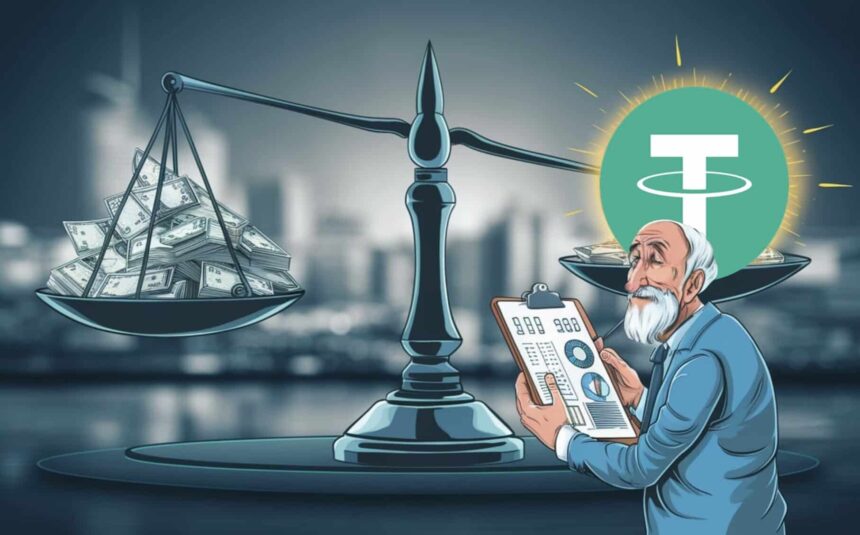
Joining the ongoing debate about supporting blockchain innovation in the US, former Speaker of the House Paul Ryan proposed dollar-backed stablecoins as a solution to the US national debt crisis. Ryan argues stablecoins could bolster the US financial system and help it keep up with China’s rapid economic rise.
Crypto to Play Pivotal Role in US Elections
Crypto has become the focal point of the upcoming US elections, with the two parties displaying contrasting stances.
Republican candidate Donald Trump aspires to be the ‘crypto president,’ hoping for all $BTC to be mined in the US to help the country become energy dominant. Moreover, Trump’s campaign fundraising accepts crypto donations, among which are political meme coins like $TRUMP, $STRUMP, and $MAGA.
Conversely, Joe Biden takes a cautious approach to crypto.
The current president has received significant criticism from the crypto community, particularly due to his mining tax proposal and promotion of tight regulations.
BREAKING: Leaked emails show the Biden Admin will be attending a Bitcoin and crypto roundtable in DC in July.#Bitcoin is officially an election issue 🇺🇸 pic.twitter.com/vtlI4ltxLu
— Bitcoin Magazine (@BitcoinMagazine) June 15, 2024
In fact, Ryan’s advocacy for dollar-backed stablecoins may indicate a shift toward incorporating crypto into national fiscal policy. If this happens, the US could become a global leader in digital finance.
National Debt Burden Isn’t Going to Ease
The US national debt clock paints a grim picture. It now stands at $34.8T, around $11T higher than in March 2020. This translates into an over $266K debt per taxpayer.

The recent CBO report notes the US only experienced similar budget deficits during World War II, the 2007 financial crisis, and the coronavirus pandemic. In other words, such deficits are typical during severe economic downturns, and economists warn the US is approaching a significant stock market crash next year.
The high costs of healthcare and retirement programs are the main reasons for the mismatch between federal spending and revenues. Life expectancy is also rising, meaning more older people will need medical support.
Higher-than-average interest rates, now standing at 5.5%, only contribute to the ever-growing debt.
In CBO’s scenario analysis, rising interest rates would further skyrocket the debt to 217%. Conversely, lowering interest rates wouldn’t prevent the debt from climbing, but it would significantly slow it down.

Stablecoins as America’s Economic Savior
Ryan’s take on stablecoins as a hedge against rising national debt might seem bold, but it holds substance. Tether CEO Paolo Ardoino shares his vision, noting that stablecoins like $USDT sustain demand for the US dollar worldwide and buffer against a fiscal crisis.
“Stablecoins backed by dollars provide demand for U.S. public debt”$USDt is being used by more than 300M people across the world as the digital dollar, providing a lifeline utility to entire communities in developing countries.
These people are underserved by the banking…— Paolo Ardoino 🤖🍐 (@paoloardoino) June 14, 2024
$USDT plays a pivotal role in the crypto market, with a market cap exceeding $112B, approximately 70% of the market. This creates significant demand for US Treasuries, resulting in lower interest rates on government debt and higher liquidity.
Moreover, the dollar’s status as the world’s primary reserve currency is under threat. Rivalry with China, now busy integrating its digital yuan, set a trend for de-dollarization, altering global trade dynamics and potentially worsening the US national debt.
Despite stablecoins acting as a counterforce to de-dollarization, financial experts argue they lack transparency and operational controls.
The TerraUSD ecosystem collapse and $USDT’s drop below its dollar peg undermined investor confidence in this asset class. However, authorities haven’t yet passed relevant regulations, raising questions about stablecoins’ ability to aid in the US debt crunch.
Final Thoughts
Extraordinary problems require extraordinary solutions, much like Ryan’s proposal to use stablecoins to solve the impending financial crisis. While controversial, it highlights a potential paradigm shift in national fiscal policy and the growing acceptance of crypto among the public.
Meanwhile, we remind you to DYOR before investing. The crypto market is volatile and susceptible to macroeconomic influences.

